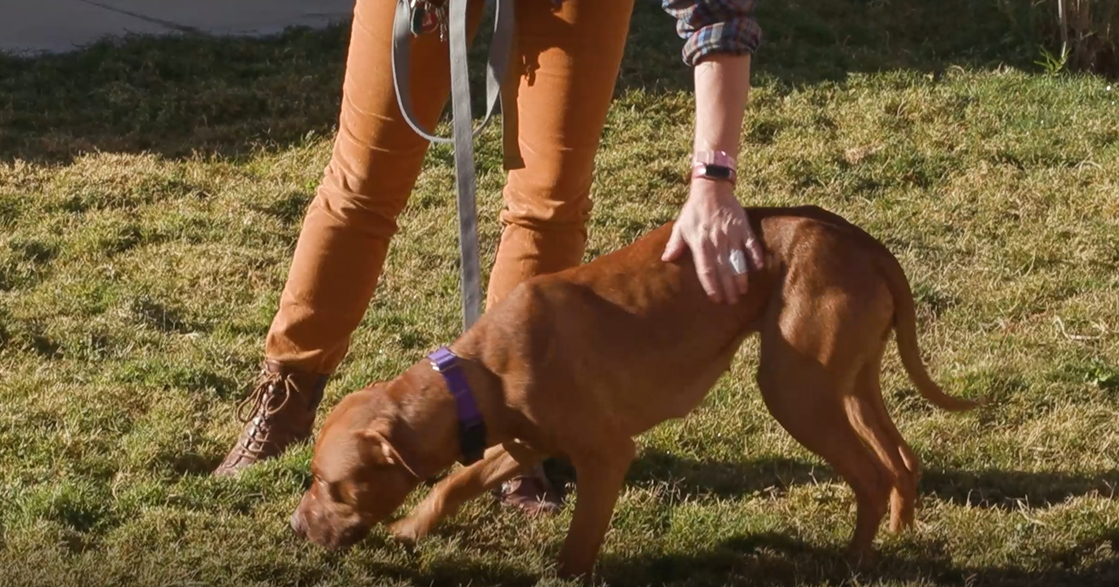Pet Ownership and Cognitive Decline in Older Adults
The Impact of Pet Ownership on Cognitive Decline
Recent research published in JAMA Network Open reveals that owning a pet can potentially slow down the rate of cognitive decline in older adults who live alone. The study, involving nearly 8,000 participants, suggests that pet ownership is associated with decreased loneliness, which in turn may mitigate the risk of dementia.
Study Details
The researchers focused on individuals aged 50 and older in England. Participants were asked about their pet ownership status and were tested for memory and verbal fluency. Typically, verbal memory tends to deteriorate with age. However, the study found that older adults living alone with pets experienced a slower rate of cognitive decline compared to their counterparts without pets.
Understanding the Benefits of Pet Ownership
Dr. Yanzhi Li, who led the study at Sun Yat-sen University in China, noted that owning pets provides companionship and reduces loneliness, resulting in increased well-being. Additionally, owning dogs, specifically, may lead to increased social interaction, such as conversations during walks. Furthermore, dog owners are likely to engage in more physical activity and enjoy improved sleep quality as a result.
Impact on Verbal Memory and Fluency
Of the 7,945 seniors analyzed, over a third were pet owners and approximately 27% lived alone. The study assessed verbal memory by testing participants’ ability to recall words and measured verbal fluency by asking them to list animal names within a minute. Results showed that the rate of decline in language skills was significantly slower in pet owners living alone, even after accounting for other factors that affect brain health.
Implications for Dementia Risk
It was observed that owning a pet could counteract the accelerated rate of cognitive decline typically seen in older adults living alone. This is particularly crucial as individuals living alone often have fewer daily conversations and mental stimulation. In addition to cognitive benefits, owning pets has also been linked to reduced social isolation and other health advantages.
Conclusion
While the study provides compelling evidence for the positive impact of pet ownership on cognitive decline, further research is needed to explore its overall effect on reducing dementia risk. Nonetheless, the findings contribute to a growing body of evidence supporting the mental and cognitive health benefits of pet ownership among older adults.
Source: Daily Mail









